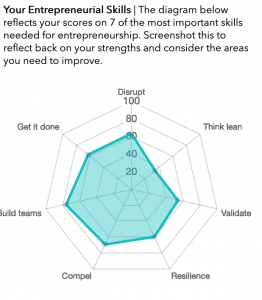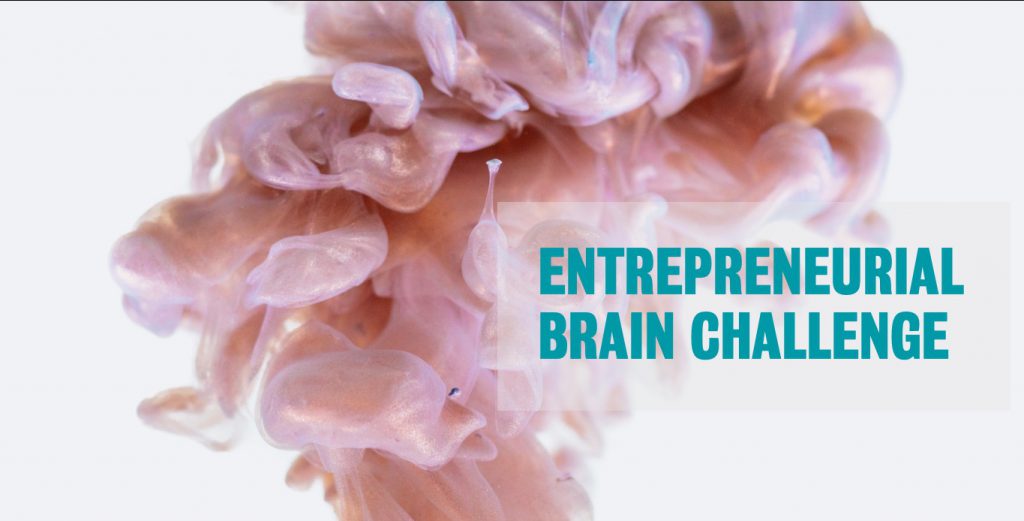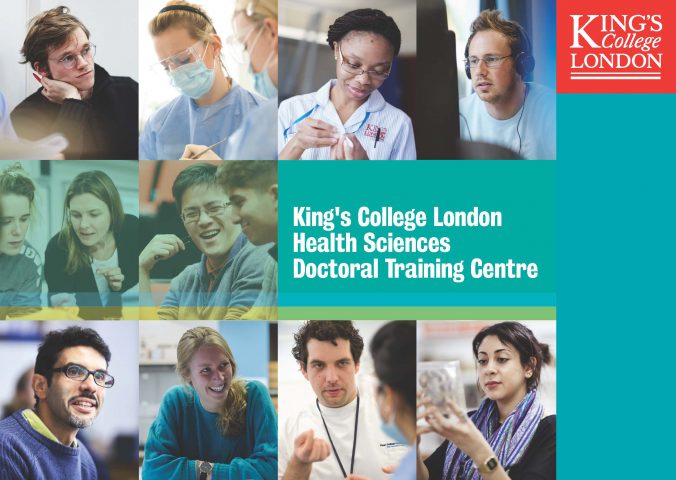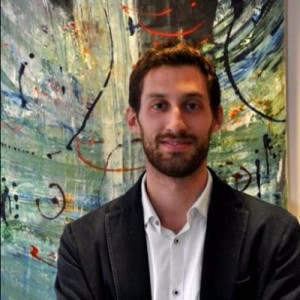This is a guest post by Donald Lush, Careers Consultant with King’s Careers & Employability.

Dear PGR Students
I hope you are all very well at this time. It has been great meeting many of you in appointments over the summer and being part of the new student induction last week.
I’m aware there is an awful lot of information floating about at the moment and wanted to help you make some sense of the huge range of activities that you may be hearing about that will help you think about your future, by picking out three things for you to choose to focus on this month.
All King’s Careers & Employability events are available to book through King’s CareerConnect. It takes just a moment to make sure your details are up to date on there, and then you have access to a fantastic array of activities giving you information to help you take your next steps.
1. Life & Health Science Careers Event 2020
This year’s Life & Health Science Careers Event is sponsored by AstraZenica and is taking place next week from Monday 12 to Friday 16 October.
We’re hosting some of the UK’s largest graduate employers in life science, health, consulting and medical sciences related industries; it’s a fantastic chance to network and explore a career with sector-leading companies.
Normally run at The Francis Crick Institute, this year the event will run virtually on KEATS, and you’ll be able to visit the employers’ virtual stands, browse their resources and click through to scheduled Q&A sessions where you can talk to employers throughout the week.
Find employers which may interest you in advance of the event, and take a note of the specific date, time and joining instructions for their presentations. Some highlights include:
- Astra Zeneca Post Doc Programme: Thursday 15 October 14:00-16:00
- Cambridge Healthcare Research (Consultancy) Drop-in Session: Monday 12 October, 14:00-15:00, Thursday 15 October 14:00-15:00
- Costello Medical (Communications) Drop-in Sesions: Monday 12 October 16:30-17:30 & 17:30-18:30
- Healthcare Consultancy Group: Monday 12 October 10:30-12:30, Tuesday 13 October 10:30-12:30
- IQVIA (Tech and Analytics): Monday 12 October 13:00-14:00 and 16:00-17:00
- JA Kemp (Patent Attorney): Monday 12 October 14:00, Thursday 15 October 14:00
Register on King’s CareerConnect today to book your place and learn more about the AstraZenica Life & Health Science Careers Event.
2. Webinars for researchers
Take a look at the webinars that we run for researchers as part of the Centre for Doctoral Studies training programme. These generally take place at lunchtime on a Wednesday; for example, book to attend one about CVs on Wednesday 14 October 12:30-13:30.
3. Careers in Your Ears
If it’s going to take some time to process all this information and perhaps you need a bit of direction to do that, take 20 minutes to listen to this episode of Careers in Your Ears, the careers podcast for doctoral students and research staff at King’s, featuring an interview with former Head of King’s Careers & Employability Dr Kate Daubney as she helps you to reflect on your employability, widening out this out from the niche knowledge you are creating. It’ll remind you of all the great qualities you develop as a researcher!
Looking forward to seeing you at a webinar / in an event / on a Teams call soon!
With best wishes
Donald Lush
Careers Consultant





